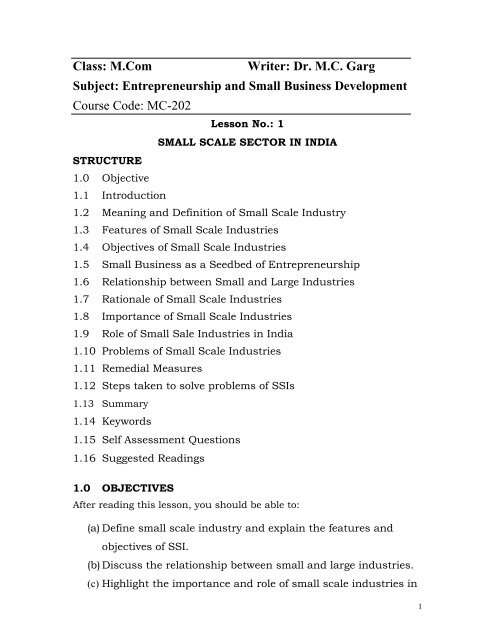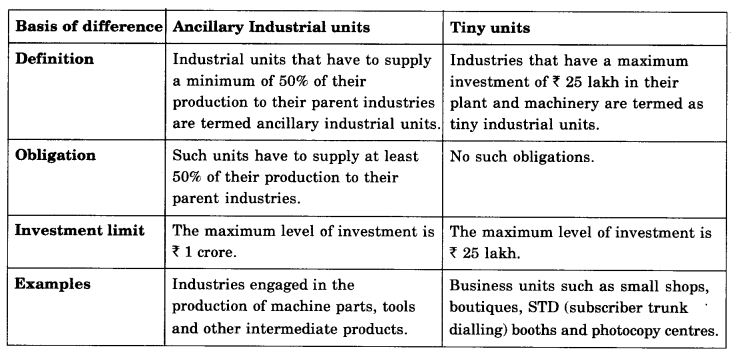Small scale industries, also known as SSIs, are businesses that operate on a smaller scale than large scale industries. They are usually characterized by their small size, limited production capacity, and use of traditional technologies. These industries play a crucial role in the economic development of a country, as they provide employment opportunities and contribute significantly to the GDP.
The definition of small scale industries varies from country to country, as each country has its own criteria for classifying an industry as small scale. In general, small scale industries are defined as those that employ a small number of workers, have a small capital investment, and produce a limited quantity of goods. In India, for example, small scale industries are defined as those that have a fixed investment of less than INR 10 million in plant and machinery.
Small scale industries are found in a variety of sectors, including manufacturing, services, and agriculture. They can be found in rural as well as urban areas, and often operate in the informal sector. These industries are typically owned and operated by individuals or families, and are often passed down through generations.
There are several advantages to small scale industries. One of the main benefits is that they provide employment opportunities to a large number of people, especially in rural areas where employment opportunities are limited. They also contribute significantly to the GDP of a country, and are an important source of income for many families.
In addition, small scale industries have a lower environmental impact compared to large scale industries, as they typically use fewer resources and produce smaller amounts of waste. They also have a lower carbon footprint, as they produce fewer greenhouse gas emissions.
Despite the many benefits of small scale industries, they face a number of challenges. These include limited access to finance, lack of technical expertise, and inadequate infrastructure. In addition, small scale industries often struggle to compete with large scale industries, which have access to economies of scale and more advanced technologies.
To support small scale industries and promote their growth, governments around the world have implemented a variety of policies and programs. These include providing access to finance, providing technical assistance and training, and improving infrastructure. By supporting small scale industries, governments can help to promote economic development and provide employment opportunities for their citizens.
In conclusion, small scale industries are a vital part of the economy, providing employment opportunities and contributing to the GDP of a country. While they face a number of challenges, they also offer a number of benefits, including a lower environmental impact and a lower carbon footprint. Governments around the world can support small scale industries through a variety of policies and programs, helping to promote economic development and provide employment opportunities for their citizens.





